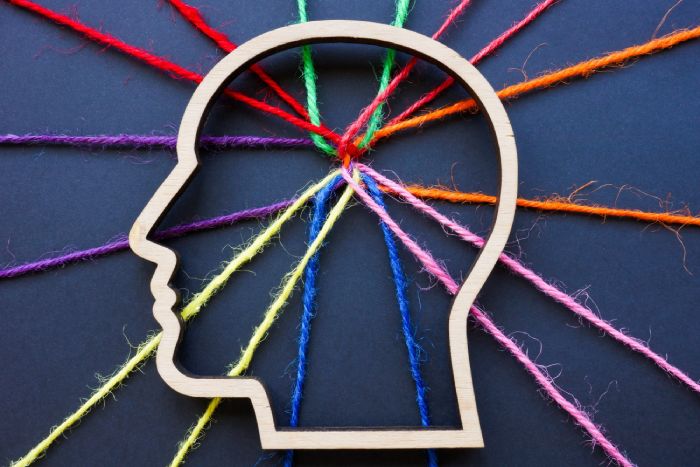Autism Testing
At Mindspring Development Services, we realize that parents often face conflicting feelings about autism testing - part of you wants answers, and part of you may want to avoid this process.
While the idea of testing can seem very daunting, we find that many parents end up feeling relieved when they finally receive answers.
Answers may take the form of a plan of action or perhaps your child may not have autism. If your child does have some form of developmental needs, the earliest intervention typically has the greatest impact, but the first step is an accurate diagnosis.

When to Consider Autism Testing
Difficulty Communicating
Language challenges may include how someone expresses themselves, what they understand, and/or their social use and perception of language.
Unusual Non-Verbal Communication
This may include lacking use of gestures, eye contact, limited visual gaze shifting while communicating, difficulty interpreting social cues.
Difficulty with Changes in Routine
Many children prefer routine; however, when changes in routine lead to significant emotional or behavioral challenges that don't improve with basic strategies, further assessment is often recommended.
Sensory Differences
Sensory differences may include being over- or under-sensitive to sights, sounds, textures, smells, or tastes. These sensory differences can affect a person's behavior and interactions, making certain environments or activities challenging or distressing.
Social Struggles
Social difficulties can be impacted by a child's language functioning, rigid thinking, including difficulty adapting to changes or difficulty with perspective taking.
Repetitive Behaviors
This can take the form of repetitive motor movements, making sounds or saying a specific word repeatedly without relevance, playing with materials in the same manner repeatedly, &/or getting “stuck on” certain high interest topics.
Our Approach to AutismTesting
Our autism testing includes evaluating a person’s social communication, behavior, and commonly IQ testing.
Dr. Petouvis is trained in administering the Autism Diagnostic Observation Schedule-2nd Edition (ADOS-2). This is a semi-structured assessment that provides engineered opportunities for socializing with the student in order to assess their social communication and directly observe any restricted and repetitive behaviors, if present.
The following components are included when assessing for Autism, typically within the context of a comprehensive neuropsychological evaluation:
- Thorough understanding of the person’s developmental & health history
- Rating scales completed by people interacting with the student in multiple settings (parents, teachers)
- Observations outside of the testing environment (home videos, teacher input, school observations…)
- Testing may include use of the ADOS-2 and measures of receptive/expressive language, pragmatic language, intelligence, & theory of mind (the person’s ability to take the perspective of others).
Our Autism Testing Process

Initial Consultation Call
This 15-minute call is designed to answer any questions and determine if neuropsychological testing is the right fit for your needs.
Intake Call
This is a one-hour call where we aim to understand all concerns and capture a complete history of the child.
Evaluation Sessions
Three appointments will take place, each of approximately two to three hours in length. The sessions take place in-person, during the day, at our office in Waldwick, New Jersey in Bergen County.
Report
After the last evaluation session, we deliver a comprehensive report that outlines all our testing and provides a series of recommendations for how to best support the youth’s unique strengths and weaknesses.
Follow-Up Meeting
For parent scheduled evaluations, a virtual parent conference is held approximately two to three weeks after the last testing session to provide additional context and answer any questions about the report. Schools contracting the evaluation have an option to have the report reviewed with the parents and school team.

